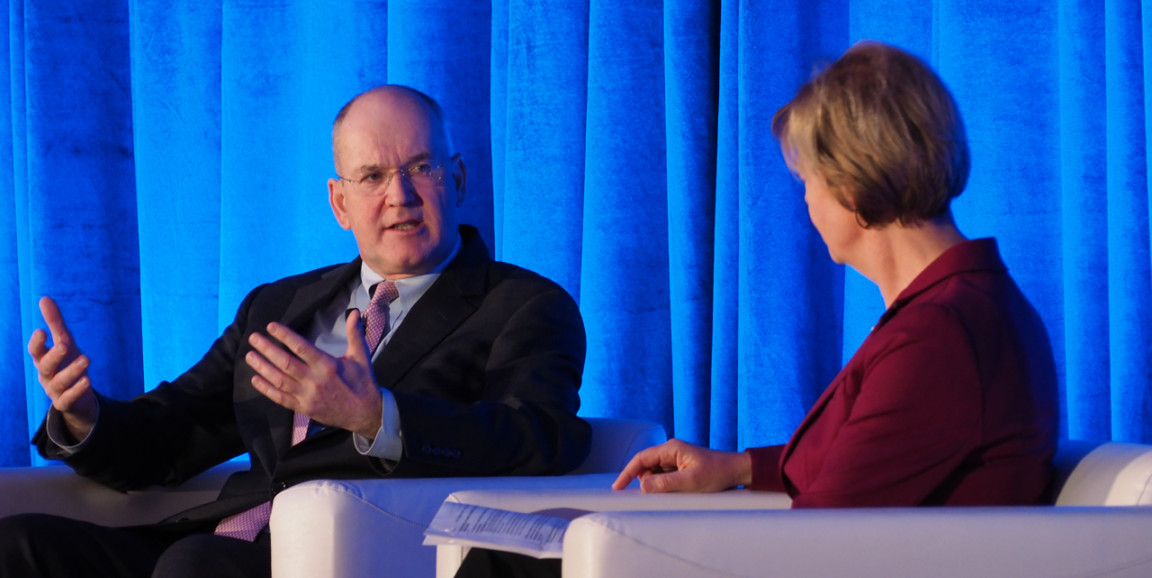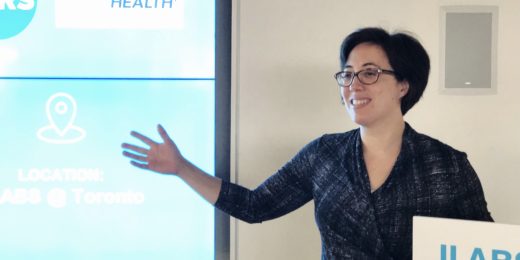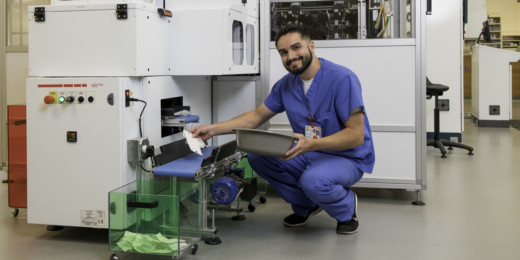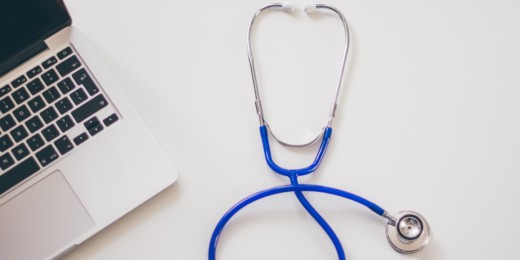The 21st Century Cures Act, passed in 2016, aims to fuel the acceleration of new treatments, medical technologies and other innovations in the United States over the course of nearly a decade. With these advances comes a trove of new data.
Don Rucker, MD, the national coordinator for health information technology in the Department of Health and Human Services, is taking on one of the biggest challenges in wrangling this deluge of data: how to securely and effectively share it with the people who need it most -- the American public. At the helm of health-oriented IT for the United States government, Rucker is leading the charge to figure out how to enable patients to easily access details of their own data.
Rucker will be speaking at the Big Data in Precision Health conference, which runs from May 22 through May 23. Registration is now open.
I spoke with Rucker over the phone, asking him to tell me more about what it means to regulate the dissemination of such critical data.
Right now our health care system is set up in a way that's centered around the provider, and it makes for not-so-consumer-friendly care. The health care industry is overall fairly non-transparent. If you think about how pricing works for certain procedures or insurance, it's very difficult to "shop around" as you can with other personal investment choices. Or, for instance, there's no current way for an individual to say, if I take X pill or get surgery from institution Y, what are my outcomes statistically likely to be?
Big data can play a key role in opening up that kind of information to the public. You wouldn't buy anything online without seeing the price or reading the reviews first. If some product of interest didn't have the price, a pretty crisp description, ratings, reviews and things of that nature, no one would buy it.
And yet we have none of that in health care. It's something we'd like to work towards changing.
The idea is to help put the data back in the hands of the patients. There are so many new technologies that could give rise to apps or other types of digital spaces where patients can securely authorize themselves and access or even download their own data to a smartphone.
My team's role is to help guide and regulate that innovation. Under the 21st Century Cures Act and with the guidance of Congress, we're helping build out the infrastructure for new business models that want to innovate in this space and harness big data to bring their visions to fruition.
Yes, I think many of the same tools can be used for multiple purposes, and there are ways to make them multimodal. For instance, a medical institution's app that provides patients with data, but also hopes to harness patient data for specific research purposes could build in a consent platform that allows the patient to opt in or out of the research portion.
More and more, researchers are in a great position to harness big data in their work at far lower cost than they've had before. In the past, patient research was restricted to controlled clinical trials. And when you think about what the controlled clinical trials were all about, ultimately they focused on distilling as much information as they could with as little data as possible.
So historically, over the last 50 to 100 years, it's been about little data. Big, 10,000 patient trials are too expensive. Now, there's a paradigm shift to use big, national data cohorts to ask new patient-centric questions, and we're right at the heart of trying to help securely and effectively provide that access.
Photo of Rucker in conversation with Sen. Tammy Baldwin by Peter Ashkenaz, Office of the National Coordinator for Health Information Technology






